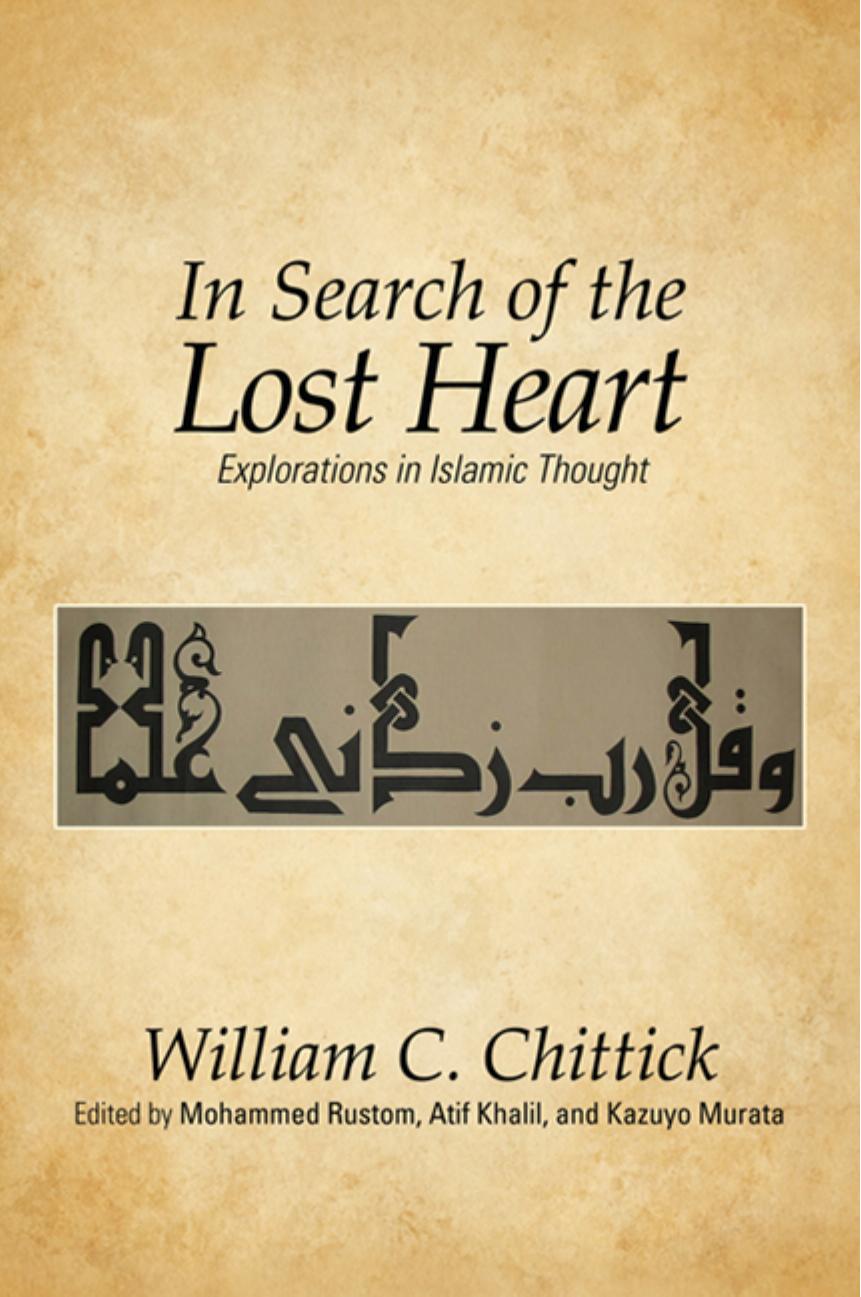In Search of the Lost Heart by William C. Chittick

Author:William C. Chittick
Language: eng
Format: epub, pdf
Publisher: State University of New York Press
Published: 2013-01-15T00:00:00+00:00
III
Islamic Philosophy
17
Rūmī and the Wooden Leg of Reason
I was prompted to reflect on the role of âreasonâ in RÅ«mÄ«âs thought by the enormous popularity of his poetry in North America and the widespread habit of misinterpreting his teachings. RÅ«mÄ«âs popularity has its roots in the scholarly translations of Nicholson and A. J. Arberry. But the âRÅ«mÄ« boomâ itself is indebted to a number of talented American poets who recognized a mine of gold when they saw it. They took the ore provided by the scholars and reworked it into contemporary English poetry, often without any knowledge of the Persian language or the intellectual and spiritual tradition that RÅ«mÄ« represents.
In my profession as a scholar of Islamic studies, I am often asked about the quality of these translations. I reply that most of themâalthough not allâare inaccurate and inept. The reason for this is simply that, generally speaking, the translators fail to bring out both the literal meaning and the deeper implications of what RÅ«mÄ« is saying. It is true that they often display sparks of RÅ«mÄ«âs fire, and this helps explain why they have become so popular. But, for those who understand the Persian languageâand even more so for those who are familiar with the worldview that animates RÅ«mÄ«âs poetryâthe translations are lame. They remind me of a famous verse from the MathnawÄ«:
The leg of the reasoners is woodenâ
a wooden leg is awfully unsteady.1
Well, the leg of the translators is much more unsteady than that of the reasoners. This is largely because the translators are unfamiliar with the universe of discourse that was articulated by the very same reasoners whose wooden leg RÅ«mÄ« criticizes. When RÅ«mÄ« tells us that the leg of the reasoners is wooden, notice that he is talking about their âleg.â He is not saying that rational thought is useless. He is not objecting to the organized and even organismic vision of reality that was expressed in Islamic philosophy, the home of logic and systematic rational discourse. Rather, he is criticizing those who think that analysis, investigation, rational argumentation, and scientific proofs provide a leg strong enough to reach the goal of human life.
The key issue for RÅ«mÄ« is âreaching the goal of human life.â Here we need to remember that he was speaking within the context of the Islamic tradition, for which that goal was clear, even though the language in which it was expressed in different schools of thought could be quite diverse. The Hellenizing philosophers, who are precisely the great logicians and reasoners, had no basic disagreement with RÅ«mÄ« on the issue of the goal of life.
So, what is this goal of human life? All the Muslim philosophers held that it is to reach the perfection of what is humanly possible, a perfection that stands beyond ordinary experience and awareness just as the sun stands beyond the moon. If Rūmī objects to the philosophical expression of this goal, it is simply because, in his view, rational thought and careful logic cannot provide the energizing power to achieve it.
Download
In Search of the Lost Heart by William C. Chittick.pdf
This site does not store any files on its server. We only index and link to content provided by other sites. Please contact the content providers to delete copyright contents if any and email us, we'll remove relevant links or contents immediately.
The History of Jihad: From Muhammad to ISIS by Spencer Robert(2628)
Nine Parts of Desire by Geraldine Brooks(2368)
The Turkish Psychedelic Explosion by Daniel Spicer(2356)
The First Muslim The Story of Muhammad by Lesley Hazleton(2271)
The Essential Rumi by Coleman Barks(2046)
1453 by Roger Crowley(2030)
The Last Mughal by William Dalrymple(1857)
Trickster Travels: A Sixteenth-Century Muslim Between Worlds by Davis Natalie Zemon(1847)
Muhammad: His Life Based on the Earliest Sources by Martin Lings(1646)
God by Aslan Reza(1641)
by Christianity & Islam(1632)
A Concise History of Sunnis and Shi'is by John McHugo(1567)
No God But God by Reza Aslan(1545)
Magic and Divination in Early Islam by Emilie Savage-Smith;(1534)
The Flight of the Intellectuals by Berman Paul(1503)
Nothing to Envy by Barbara Demick(1450)
Art of Betrayal by Gordon Corera(1430)
What the Qur'an Meant by Garry Wills(1394)
Getting Jesus Right: How Muslims Get Jesus and Islam Wrong by James A Beverley & Craig A Evans(1342)
